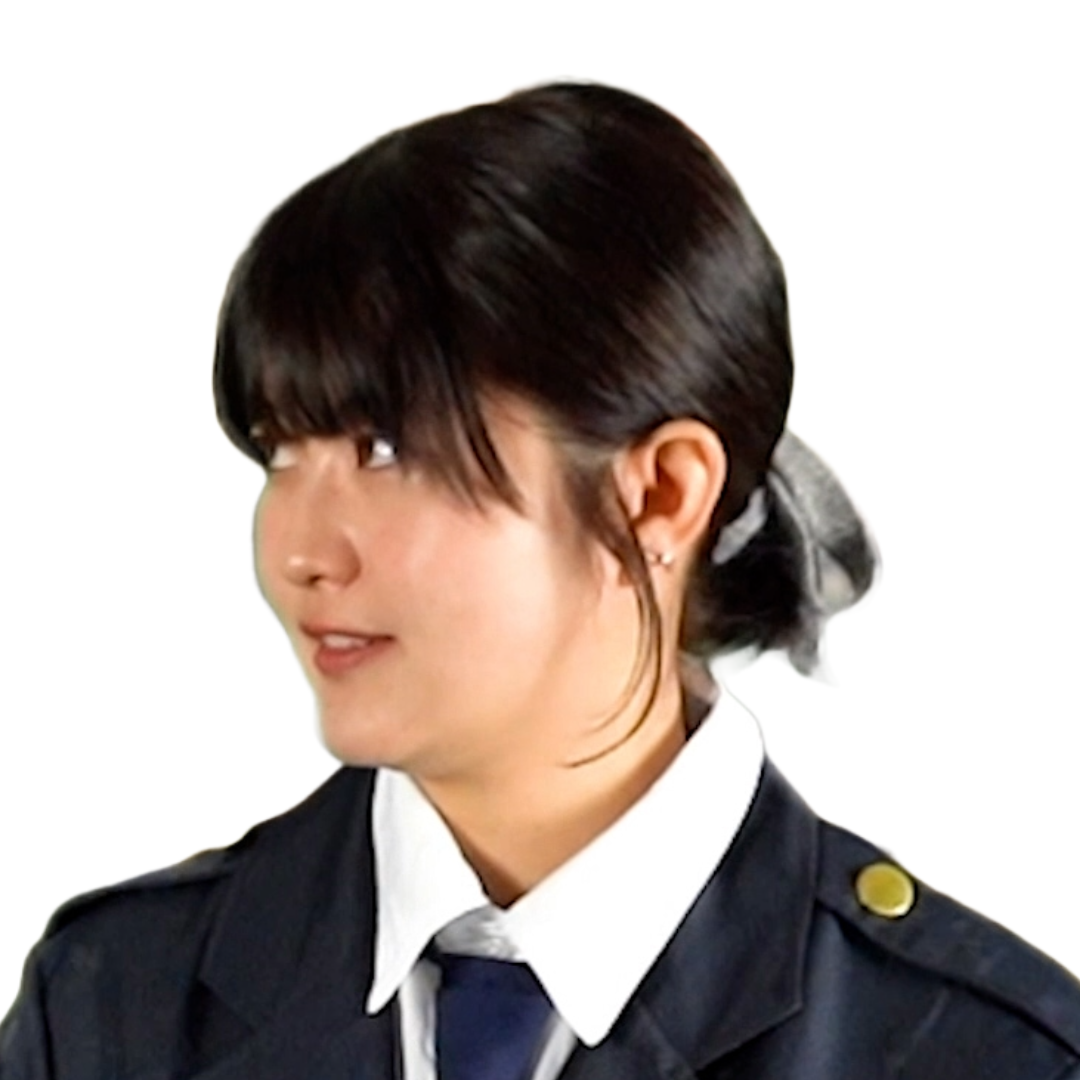
店長の木下です。
Hello, I’m Masatoshi Wada.

高円寺に住んでいます。
Today, I’ll introduce how I spend my day off.

32歳です。
I love walking.

ご家族は?
Do you all like walking?

両親が福島に住んでいます。
I don’t like running.

兄弟はいません。それと、結婚はしていません。
Let’s walk together.

独身です。
Do you all like shopping?

わかりました。 ご協力ありがとうございました。
I like shopping on my day off.

お願いします。 犯人、捕まりますか。
I like shopping on my day off.

大丈夫です。 防犯カメラに犯人の男が写っているんです。
I like shopping on my day off.

すぐ捕まると思います。
I like shopping on my day off.

でも、おまわりさん。 この映像、おかしいと思いませんか。
I like shopping on my day off.

べつに何もおかしくないと思います。
I like shopping on my day off.

なぜ犯人はマスクをしていないでしょうか。
I like shopping on my day off.

普通、マスクをしますよね。
I like shopping on my day off.

おそらく、犯人は強盗を計画していなかったと思います。
I like shopping on my day off.

それは変だと思います。
I like shopping on my day off.

だって、犯人はピストルを準備しているんですよ。
I like shopping on my day off.

私は、犯人は女だったと思います。
I like shopping on my day off.

犯人は女だった!
I like shopping on my day off.

え・・・。
I like shopping on my day off.

私も同じことを思っていました
I like shopping on my day off.
| 歩く | walk |
| みなさん | everyone |
| 走る | run |
| いっしょに | together |
| 買い物 | shopping |
| 休日 | day off, holiday |
| いろんな | various |
| もの | things |
| 売ります | sell |
Plain form
The plain form is used when speaking casually with family and friends. You have learned the “Vます” form, which is a polite way of speaking (polite form). The plain form is a more informal way of expressing things.
Verbs
| Verbs | Polite Form | Plain Form |
|---|---|---|
| Present | 食べます | 食べる |
| Negative | 食べません | 食べない |
| Past | 食べました | 食べた |
| Past Negative | 食べませんでした | 食べなかった |
Did you notice? The plain form is a general term that includes dictionary form (Vol.6), nai-form (Vol.8), ta-form (Vol.9), and nakatta-form (Vol.8). If you forgot, check the previous lessons again.
Adjectives and Nouns
| い Adjective | Polite Form | Plain Form |
|---|---|---|
| Present | おいしい | おいしい |
| Negative | おいしくない | おいしくない |
| Past | おいしかった | おいしかった |
| Past Negative | おいしくなかった | おいしくなかった |
| な Adjective | Polite Form | Plain Form |
|---|---|---|
| Present | 人気 | 人気だ |
| Negative | 人気じゃない | 人気じゃない |
| Past | 人気だった | 人気だった |
| Past Negative | 人気じゃなかった | 人気じゃなかった |
| Nouns | Polite Form | Plain Form |
|---|---|---|
| Present | 変 | 変だ |
| Negative | 変じゃない | 変じゃない |
| Past | 変だった | 変だった |
| Past Negative | 変じゃなかった | 変じゃなかった |
Forな-adjectives and nouns, you need to add “だ” in the plain form.
Plain Form + と思います
“〜と思います” is used to express one’s thoughts or opinions. The key point is that it is used together with the plain form.

それは変だと思います。
I like shopping on my day off.
Before the parIn the explanation above, the plain form was described as being used in casual speech. While this is true when the plain form is used on its own, in this case, the sentence ends with “〜と思います,” which is in the polite ます form. Because of this, the entire sentence remains polite.
Even when the plain form is used, if the sentence structure is polite, the overall tone of the speech remains polite.

すぐ捕まると思います。
I like shopping on my day off.

おそらく、犯人は強盗を計画していなかったと思います。
I like shopping on my day off.

明日、雨が降ると思います。
I think it will rain tomorrow.

テストに合格しないと思います。
I think that I will not pass the test.

財布をおとしたと思います。
I think I lost my wallet.

べつに何もおかしくないと思います。
I like shopping on my day off.

彼はハンサムだと思います。
I think he’s handsome.

ホテルの料金は高いと思います。
I think the hotel prices are high.

私は、犯人は女だったと思います。
I like shopping on my day off.

彼の話はうそだった思います。
I think his story was a lie.
| オリンピック | Olympic |
| 北京 | Beijing |
| アドレス | adress |
| システム | system |
| ログインする | log in |
Rearrange the words
Q1:I think the 2004 Olympics weren’t in Beijing.
Q2:This address is outdated. I don’t think you can log in to the company system with it.
1. 2004年のオリンピックは北京じゃなかったと思います。
2. このアドレスは古いです。会社のシステムにログインできないと思います。
